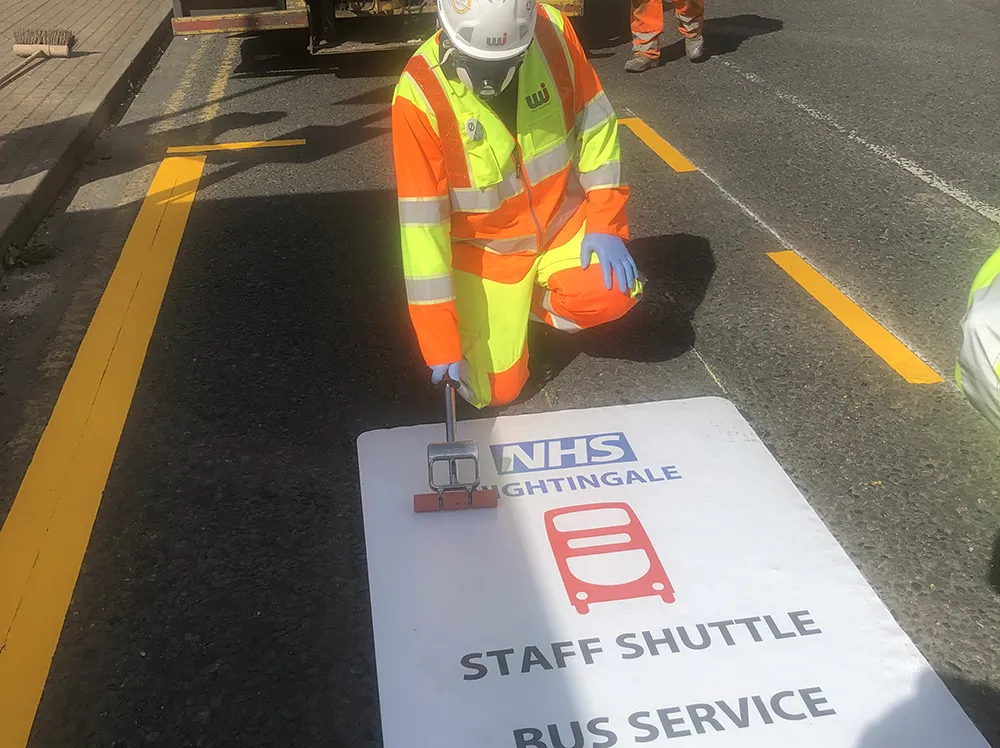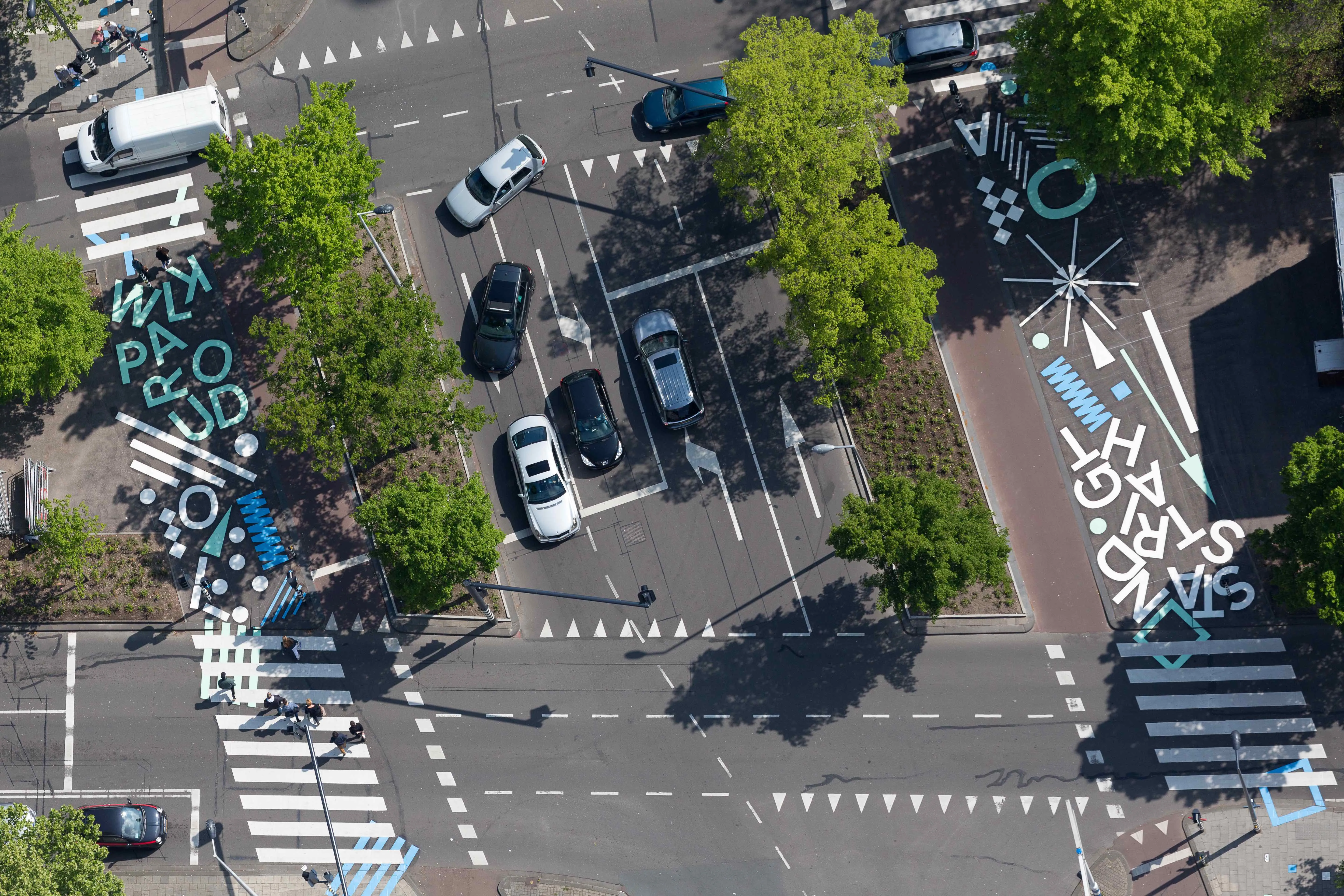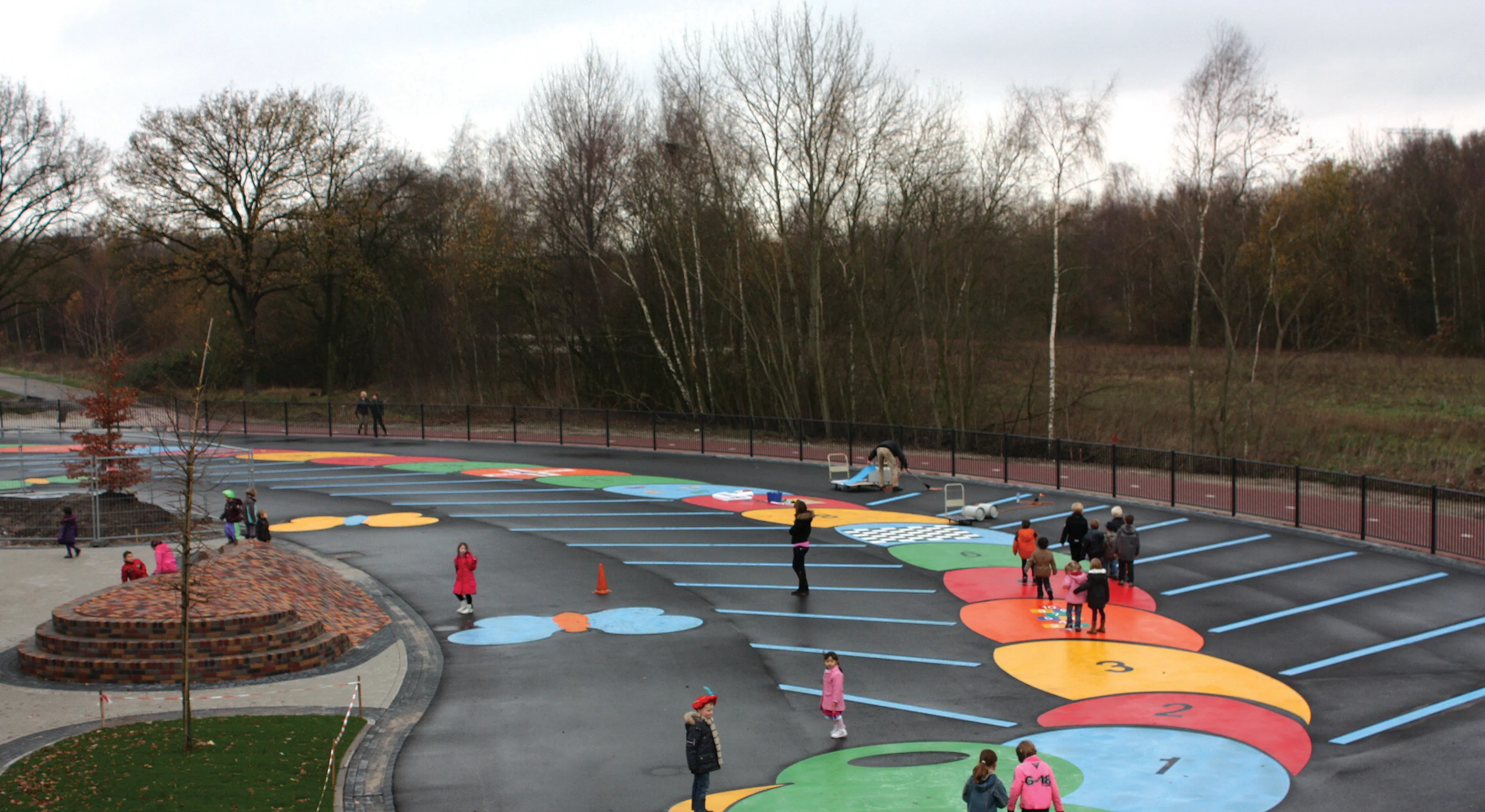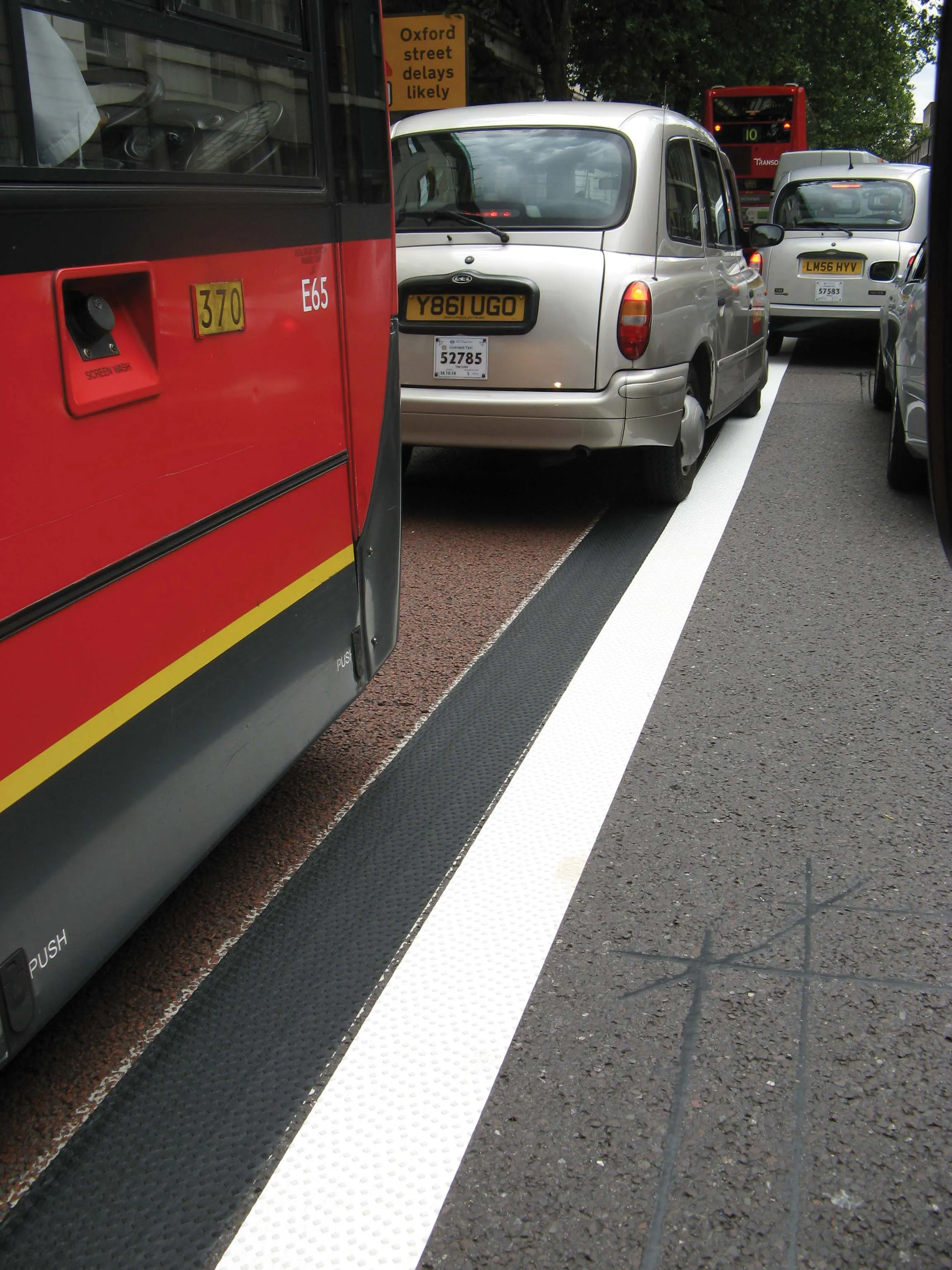
With the coronavirus crisis likely to continue for some months, the concern is that people will shy away from public transport and revert to using their own cars, according to the company.
Consequently there is an urgent need to make the alternatives of cycling and walking safer and more attractive. Lack of traffic has made safe road space available to cyclists and pedestrians of all generations and the government is keen to continue this beyond lockdown and into the so-called new normal period.
The UK Government has backed up this change with the recent launch of a £2 billion (US$2.5 billion) funding initiative to boost healthier, greener, active transport as the country emerges from lockdown.
WJ is using a range of high-performance thermoplastics, paints and preformed markings for permanent solutions. But the company said that it is also advising on temporary markings with tape, self-adhesive studs and their innovative Applied Media floor signage to create more flexibility.
For some time, the Applied Media floor graphic system has been approved for use by TfL (Transport for London) on the London Underground, also used for London Pride rainbow crossings and very recently used for NHS Nightingale Hospital bus shuttle and social distancing measures on the Dockland Light Railway.
WJ has extensive experience particularly in temporary markings, most notably providing all the markings for the London 2012 Olympic Route Network, explained Martin Webb, operational director for WJ Group. The company is also the lead provider of markings for Highways England across England’s Strategic Road Network.









